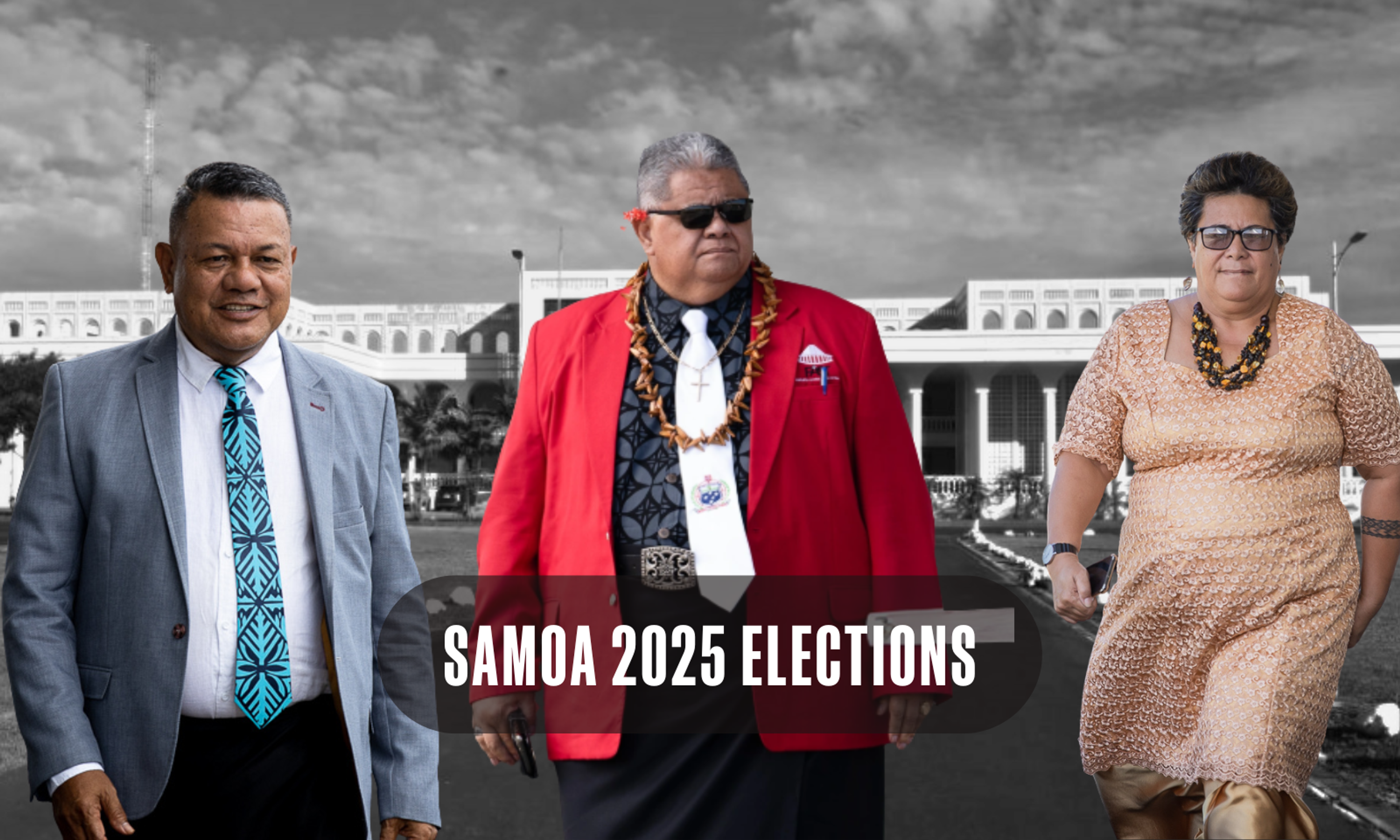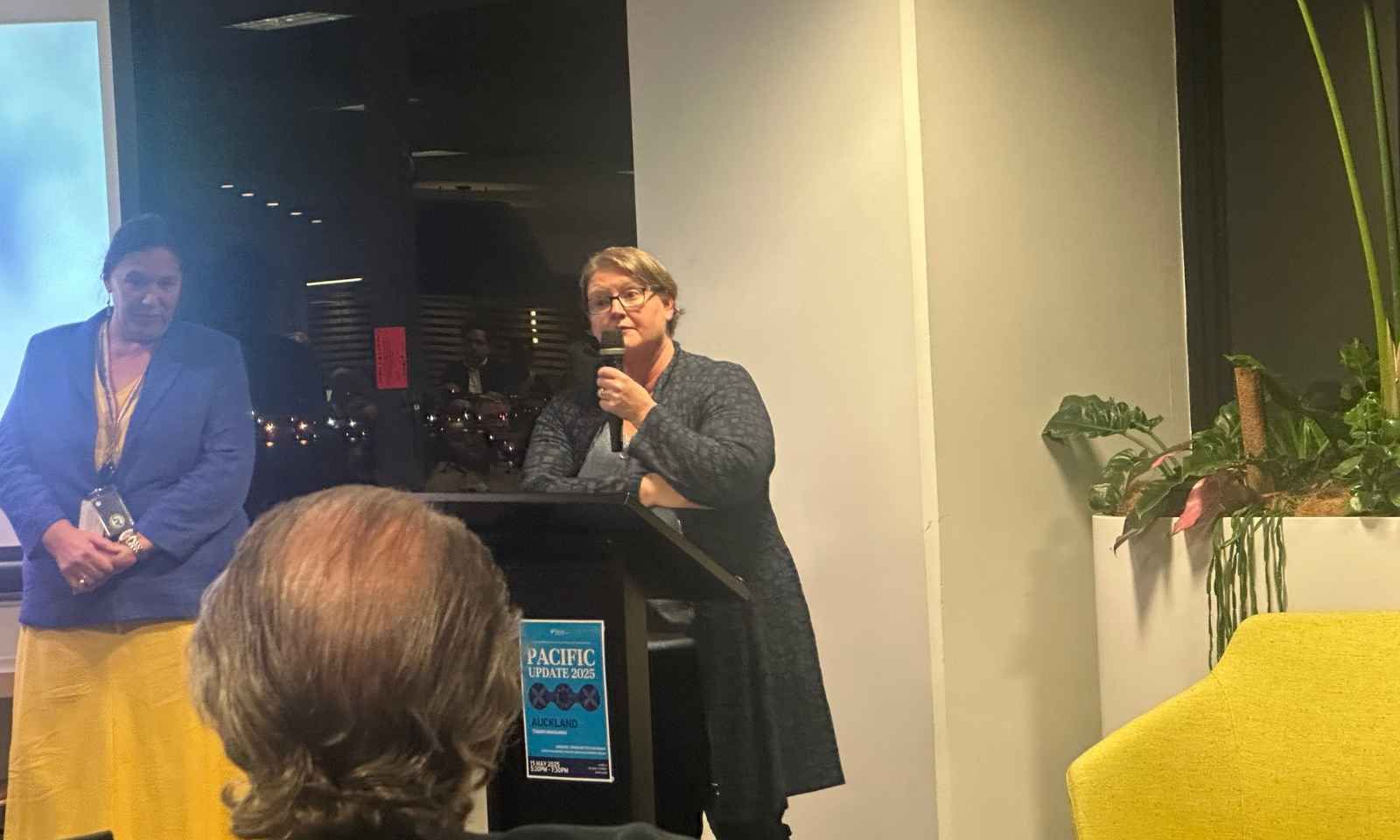

The Ministry of Foreign Affairs and Trade (MFAT) was first established as the Department of External Affairs (NZDEA) on 11 June 1943.
Photo/PMN News/Ala Vailala
Pacific priority: MFAT strategy focuses on impactful aid amid global challenges
Deputy Secretary Bernadette Cavanagh says engagement in the region is vital to building trust and delivering results.




Cook Islanders worry over China amid anniversary party

Record candidates in Auckland elections highlighting youth empowerment


Sisters transform Kiwi tourism with authentic Māori and Pacific cultural experiences


Cook Islanders worry over China amid anniversary party

Record candidates in Auckland elections highlighting youth empowerment
This year’s annual Pacific update, hosted by the Ministry of Foreign Affairs and Trade (MFAT), reaffirms the government agency’s commitment to the region amid ongoing geopolitical tensions, says Bernadette Cavanagh, deputy secretary of MFAT’s Pacific and Development Group.
She made the comment while reflecting on her travels with Foreign Minister Vaovasamanaia Winston Petersto the Pacific region.
“The biggest one is, it's actually the importance of turning up,” Cavanagh tells PMN News. “It's the importance of going and meeting our counterparts around the region and showing them the respect of actually going to their whenua and their homes, and that's been really special to be part of.”
She highlighted the many innovative ideas emerging from the Pacific: “Our challenge as public servants is how we respond to those and how we genuinely lift up the countries in the Pacific, which is in all our interests.”
The Pacific region receives around 60 per cent of MFAT’s International Development Cooperation (IDC) funding. The IDC programme provides financial resources, expertise, and support to alleviate poverty in developing nations, especially in the Pacific.
A review of New Zealand’s foreign aid programme was commissioned by Peters last October.
At the Pacific Islands Political Science Association Conference in Wellington earlier this year, Peters informed participants that the review suggested more significant impacts could be achieved through fewer, larger, and better projects.

Bernadette Cavanagh took up the position of Deputy Secretary of the Pacific and Development Group at the Ministry of Foreign Affairs and Trade (MFAT) in August 2022. Photo/PMN News/Ala Vailala
Greater development funding is being devoted to South East Asia to meet our ambition for closer relations with this important region overall.
“We have also increased humanitarian funding in response to the scale of need regionally and globally. And we have reduced multilateral funding to focus on those partners who make the most concrete impact.
“We see this work of reshaping our development programme as part of meeting our obligation to the New Zealand taxpayers whose continuing support underpins its social licence.”